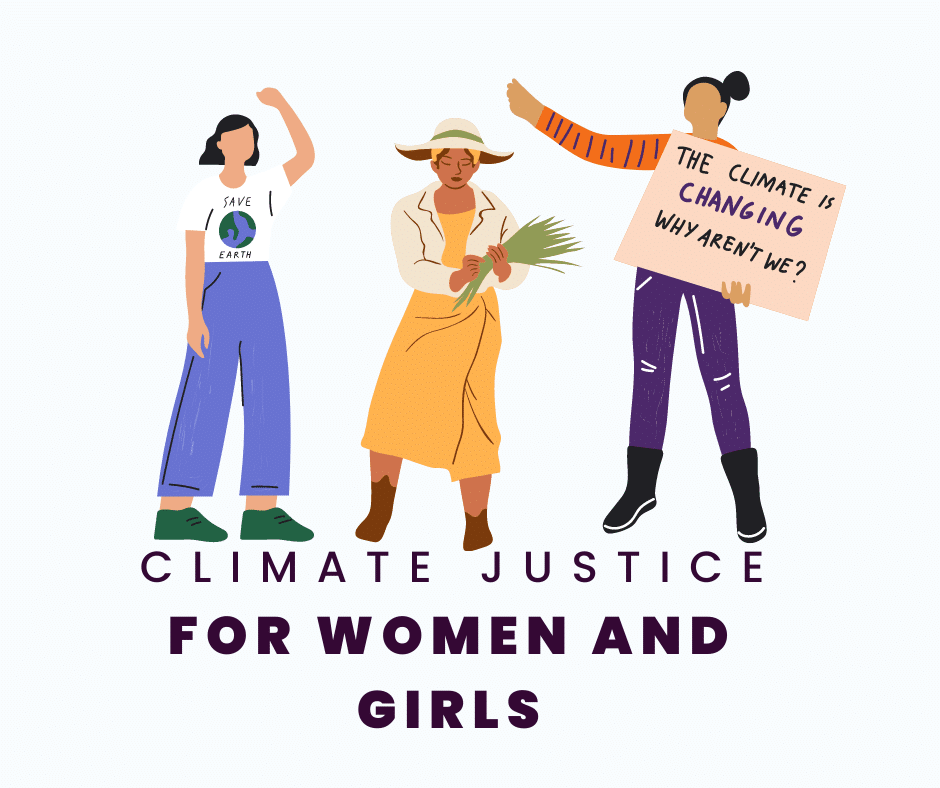Global Gender Justice and the UN Commission on the Status of Women
“Women’s abilities to withstand and recover from natural disasters are also strongly affected by gender inequalities. In most disasters, mortality amongst women is significantly higher than that of men and women’s poverty increases in disaster-prone areas.“
― Rebekah Choate
Established in 1946, the Commission on the Status of Women is held annually in March. From 1947 to 1962, the Commission focused on setting standards and crafting international conventions to change discriminatory legislation and foster global awareness of women’s issues. In 1963, efforts to consolidate standards on women’s rights led the UN General Assembly to request the Commission to draft a Declaration on the Elimination of Discrimination against Women, which the Assembly ultimately adopted in 1967. The legally binding Convention on the Elimination of All Forms of Discrimination against Women (CEDAW), also drafted by the Commission, followed in 1979. The United States signed CEDAW but has unfortunately not yet ratified it.

This year, CSW66 will focus on achieving gender equality and the empowerment of all women and girls in the context of climate change, environmental and disaster risk reduction policies and programs – the first time it is focusing on the gendered effect of climate change.
In many contexts women’s dependence on and unequal access to the environment (land, water, and other natural resources) and public services and infrastructure (including energy, transport, water, and sanitation) mean that they are disproportionately affected by climate change, environmental degradation, and disasters. Women are also unequally affected by violence, which has become more common due to the increasing scarcity of natural resources like water, brought on by climate change.
Women’s abilities to withstand and recover from natural disasters are also strongly affected by gender inequalities. In most disasters, mortality amongst women is significantly higher than that of men and women’s poverty increases in disaster-prone areas. These impacts on women are enhanced by their limited mobility and the structural barriers and discriminatory social norms that continue to constrain women’s decision-making power at home and their political participation in their communities.
Evidence shows that when women participate in leadership and decision-making, the policies that are adopted are more effective in combatting climate change. When women are present in parliaments, more stringent climate change measures are adopted. Yet despite this evidence, grassroots organizations that represent women face high barriers to entry or are left out of the discussion entirely.

Climate change is an issue that is currently and will continue to affect the entire world. However, disproportionate impacts are and will continue to be felt by those on the margins of their societies. We need to actively participate in the global discussion and push our governments and representatives to listen to the voices of those most impacted. CSW66 is just one of the global forums dealing with this issue and the UCC will have a delegation present. You can join us too! All events will be held virtually for free. Contact me at choater@ucc.org for more information.
Further reading:
Concept Note of the Expert Group Meeting on ‘Achieving gender equality and the empowerment of all women and girls in the context of climate change, environmental and disaster risk reduction policies and programmes’ held by UN Women on October 11-14, 2021.

| Rebekah Choate, Associate for Global Advocacy and Education, Global Ministries of the Christian Church (Disciples of Christ) and United Church of Christ Contact: choater@ucc.org |
Related News
What Can We As Churches Do to Care for God’s Creation?
As Christians, we are called to care for all of creation: land, water, air, animals, plants,...
Read MoreIn Midst of Anti-Immigrant Discourse, People of Faith Must Offer a Prophetic Welcome
In the midst of the 2024 presidential election, anti-immigrant rhetoric is on the rise. A...
Read MoreJPANet February 2024 Newsletter
Happy new year advocates! Each month we ask UCC advocates to help us unpack the complex...
Read More
